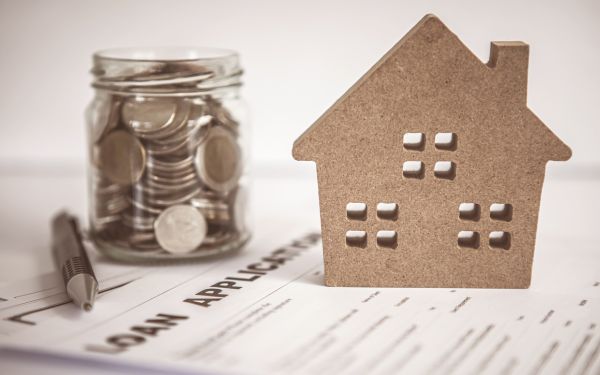
NICU’s capped home loan allows borrowers to retain their variable rate with the guarantee that it will not rise above a set interest rate for a three-year period. At the same time, capped home loan borrowers are able to take advantage of any rate cuts.
How does NICU’s capped home loan work?
The capped home loan combines the features of fixed and variable loans — while its rate remains variable, any possible increases will be limited to the stated cap for a certain period.
NICU’s capped home loan interest rate |
|
|
Current Rate |
5.99% p.a. |
|
Current Comparison Rate |
6.34% p.a. |
|
Capped Rate (For 3 Years) |
6.04% p.a. |
|
Capped Comparison Rate (For 3 Years) |
6.39% p.a. |
The capped home loan starts at a minimum loan amount of $150,000 and is available to both home buyers and investors. The rate for investors is the same as above.
NICU credit manager Wayne Hoppe said but the rate is guaranteed not to rise above a set interest rate for a three-year period, despite any likely increases in the period.
“It is the best of both worlds — with our capped home loan, if the cash reference rate reduces, then the interest rate on the capped home loan also reduces," he said.
“Another great advantage about the capped home loan is that there are no break costs if your circumstances change; fixed rate home loan break costs can be substantial when interest rates start to fall. With the capped home loan there are no interest rate break costs.”
What are the features and fees of NICU’s capped home loan?
As with its standard variable rate, NICU’s capped home loan has useful features that can help borrowers in their mortgage journey. Here are the features of the loan:
- Unlimited extra repayments
- Up to seven 100% offset accounts
- Free redraw facility for a minimum of $500 per draw
In terms of fees, the capped home loan charges $600 as establishment fee and an annual fee of $350.
How does the capped home loan differ from fixed-rate home loans?
In a fixed-rate home loan, the rate remains the same for a certain period of time even when there is an increase or decrease in market rates.
Fixed-rate borrowers are protected from any rate hikes but at the same time are unable to benefit if there are rate cuts.
Variable rates usually rise or fall based on the movements of the Reserve Bank of Australia’s cash rate.
While NICU’s capped home loan retains a variable rate, any upwards movement in interest rate is capped, which means that borrowers will be protected in case the cash rate moves further over the period of three years.
Furthermore, unlike fixed-rate home loans, capped home loan borrowers can still see their rates go down when the cash rate is reduced.
There are also certain restrictions with fixed-rate home loans, including a ceiling on maximum extra repayments; there are also usually break costs if a borrower decides to refinance the home loan during the fixed period.
Photo by pinkomelet on Canva.
